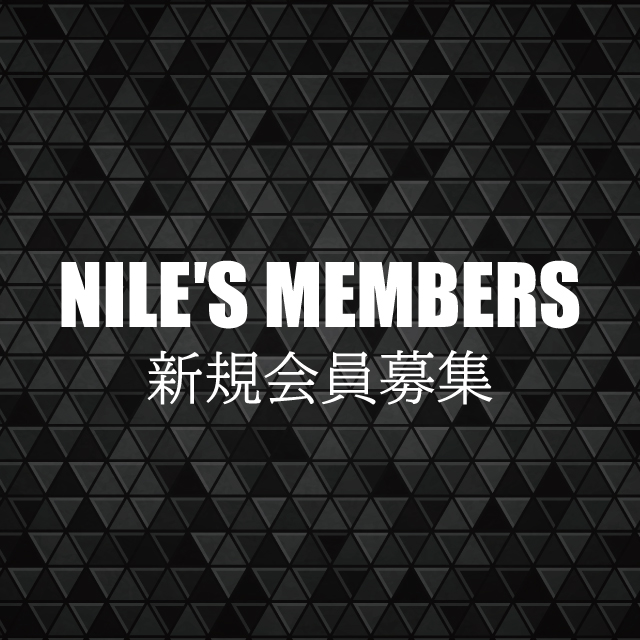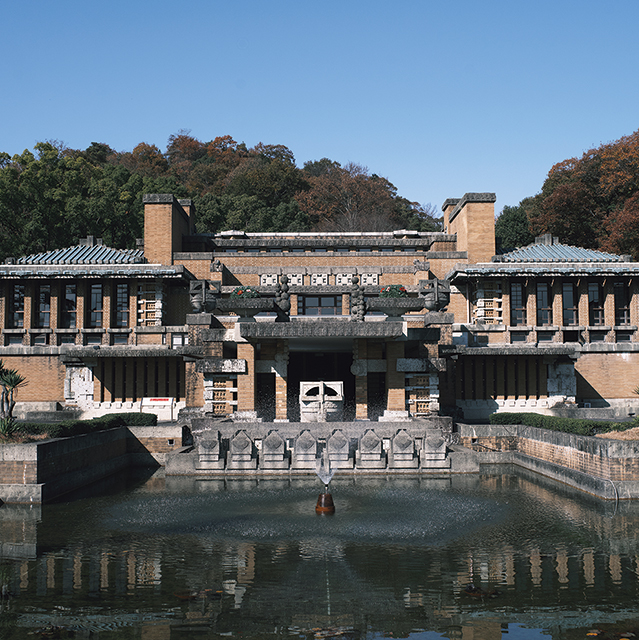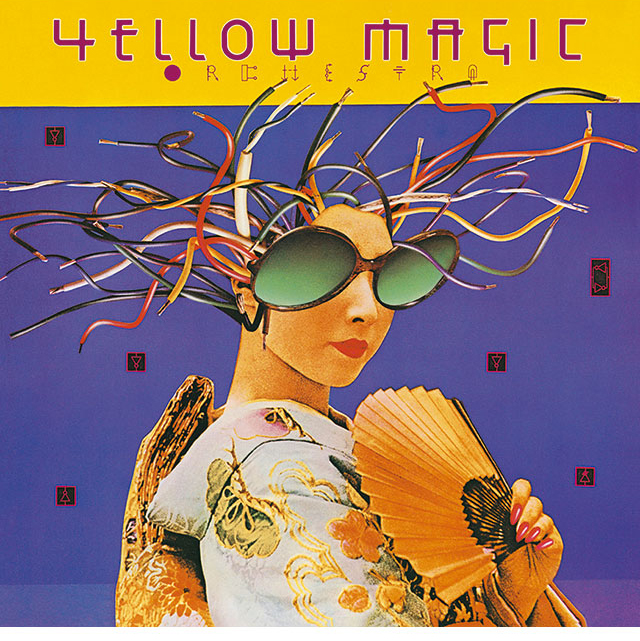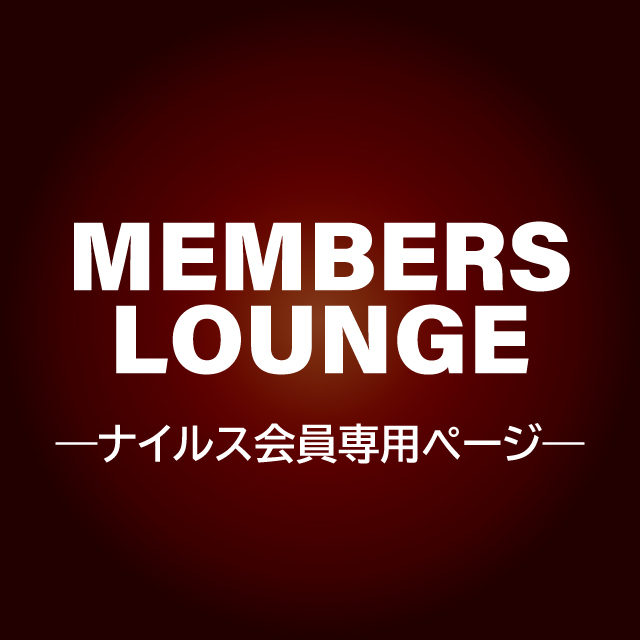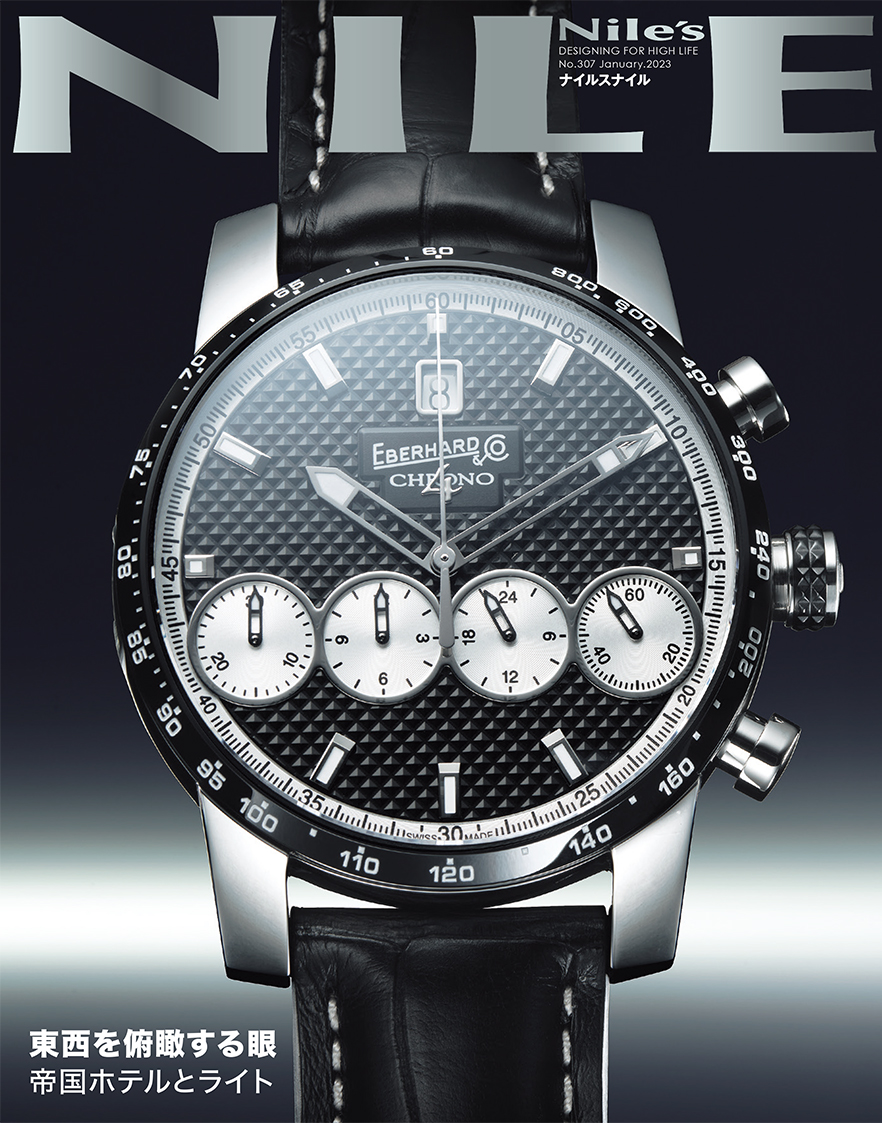
PanOptics is a lens that has been clinically tested in Japan and approved by the Ministry of Health, Labor and Welfare, and is medically approved for its performance. It is a premium procedure that is completed through a combination of high-performance lenses, meticulous testing with the latest equipment, and Director Suzuki’s experience and skill. In particular, he takes time for counseling to determine whether the treatment matches each individual’s concerns.
Free transportation by car is provided on the day of surgery and for postoperative examinations the day after. If you are far away, we will take you to the nearest train station, airport, or hotel where you will be staying to ensure safe and comfortable treatment. In addition, from this April, the clinic began offering treatment to clear up clouding in the eye caused by something other than cataracts. This will be a special package for those who have a strong case of flying mosquitoes and those who wish to have a more perfect vision.
Most of the patients who come to our clinic want to solve their presbyopia, myopia, and astigmatism all at once. They have a strong desire to enjoy their work and hobbies to the fullest and lead a rich life. Once this surgery is performed, the risk of developing cataracts is eliminated and the patient can live with naked eyes for the rest of his/her life. This is also for people who have experienced LASIK in the past, and we want them to experience the comfort of a lifetime of naked eye use,” he said. On its website, the company offers a wide range of information, including requests for information materials about the surgery and video distribution.
It is a meaningful surgery in terms of preparing for the risk of age-related eye diseases. Needless to say, there is great value in a life lived with the naked eye.
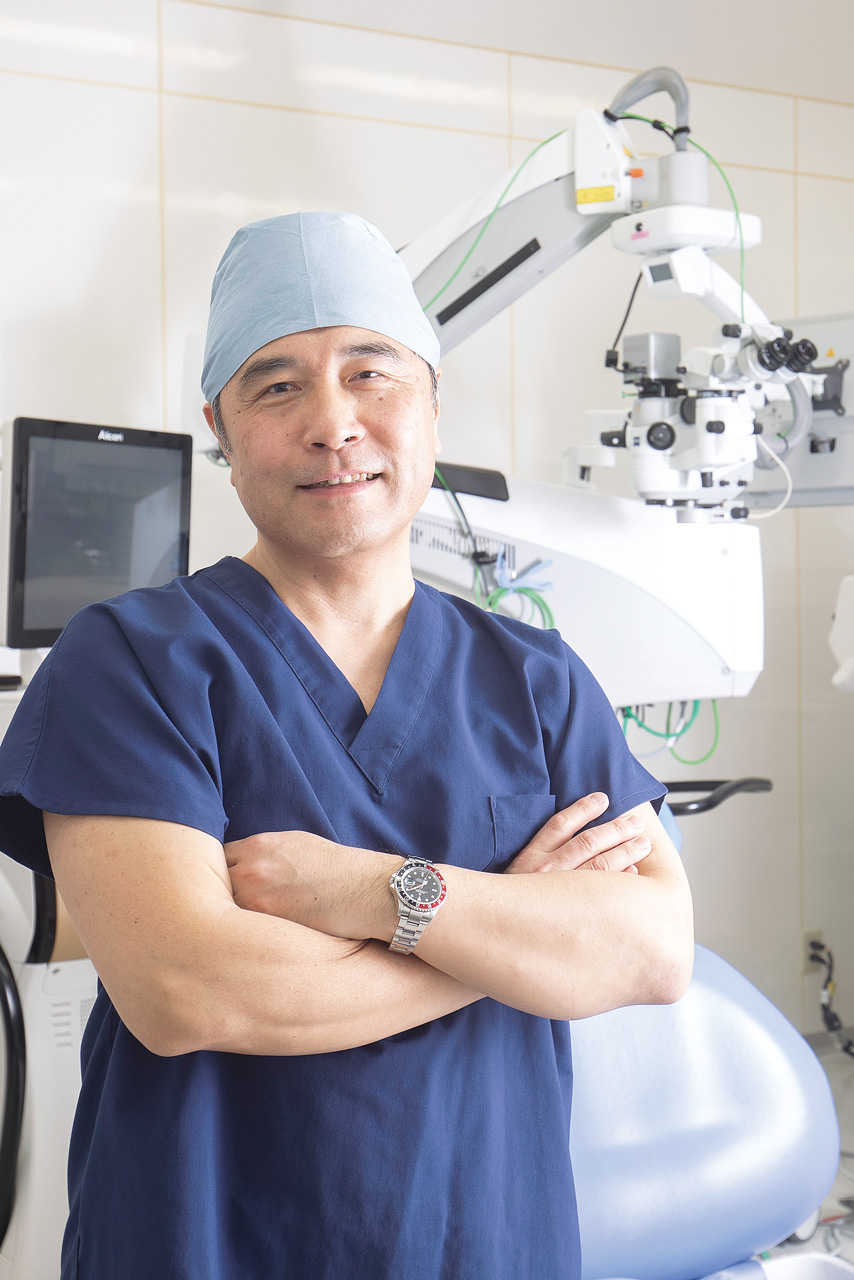
Takayoshi Suzuki
Graduated from Nippon Medical School in 1994. After training in anesthesiology at the First Hospital of Nippon Medical School, he joined the Department of Ophthalmology at Yokohama City University Hospital, where he gained experience in general ophthalmology, including cataract surgery. In 2002, he joined the Department of Ophthalmology, Tokyo Dental University Ichikawa General Hospital, where he was involved in the diagnosis and treatment of corneal diseases, and in 2006, he became the head of the Department of Ophthalmology, International Friendship General Hospital. He is also the representative of the Suzuki Ophthalmology Group, which consists of four clinics in total.
Totsuka Ekimae Suzuki Ophthalmology
TEL 045-860-7888






